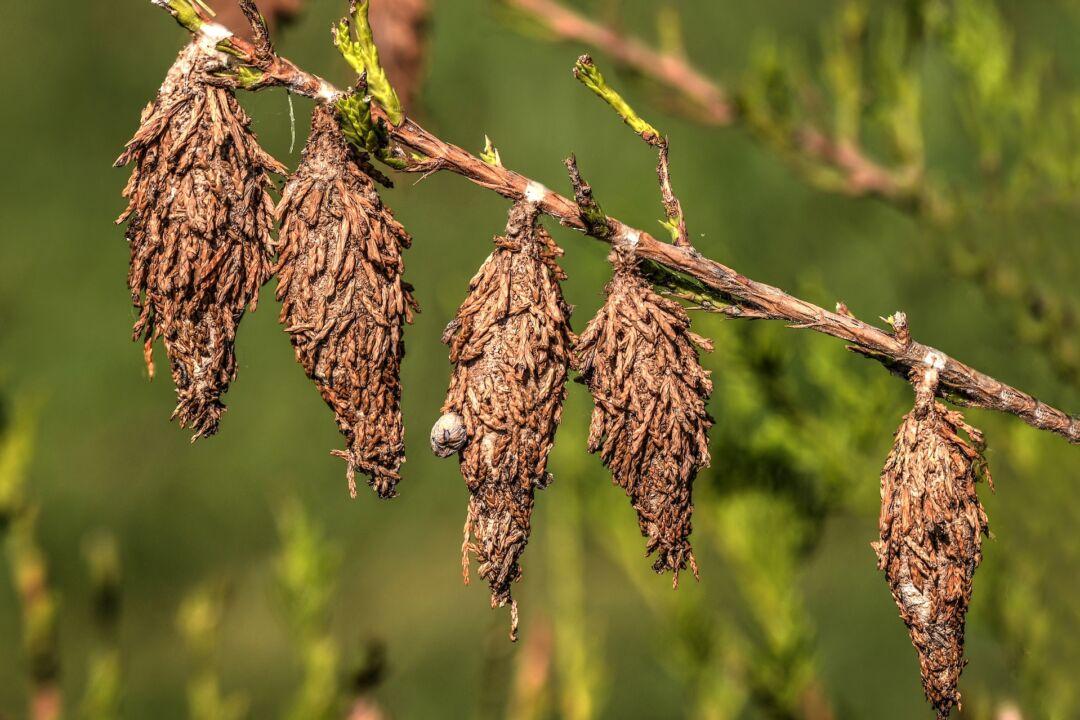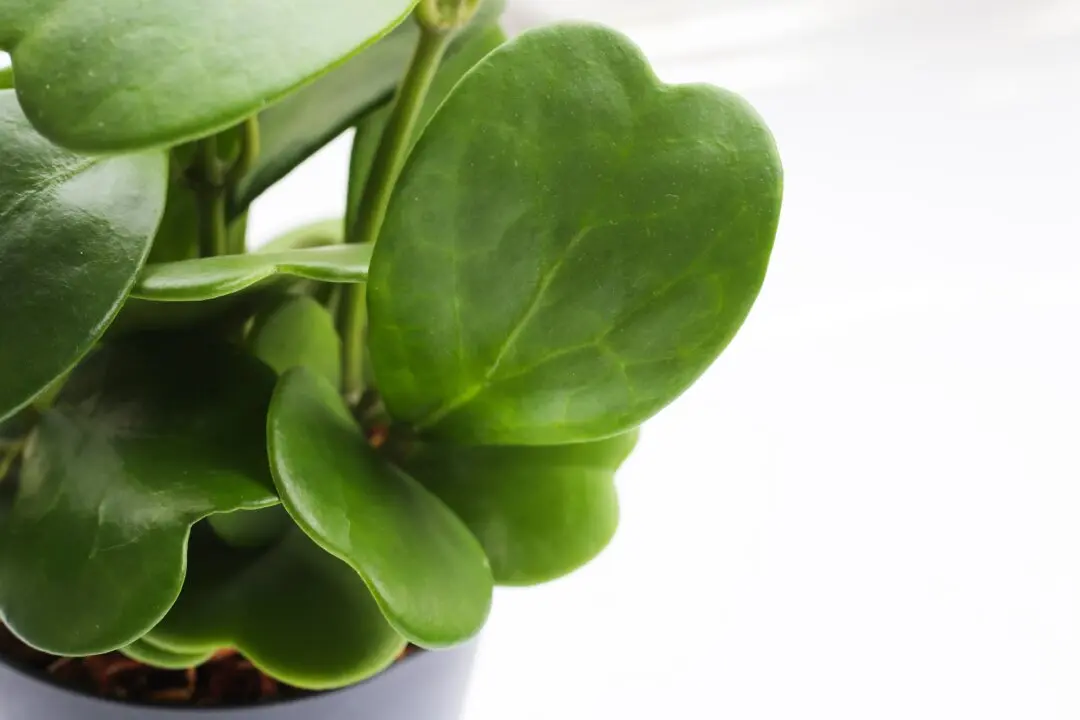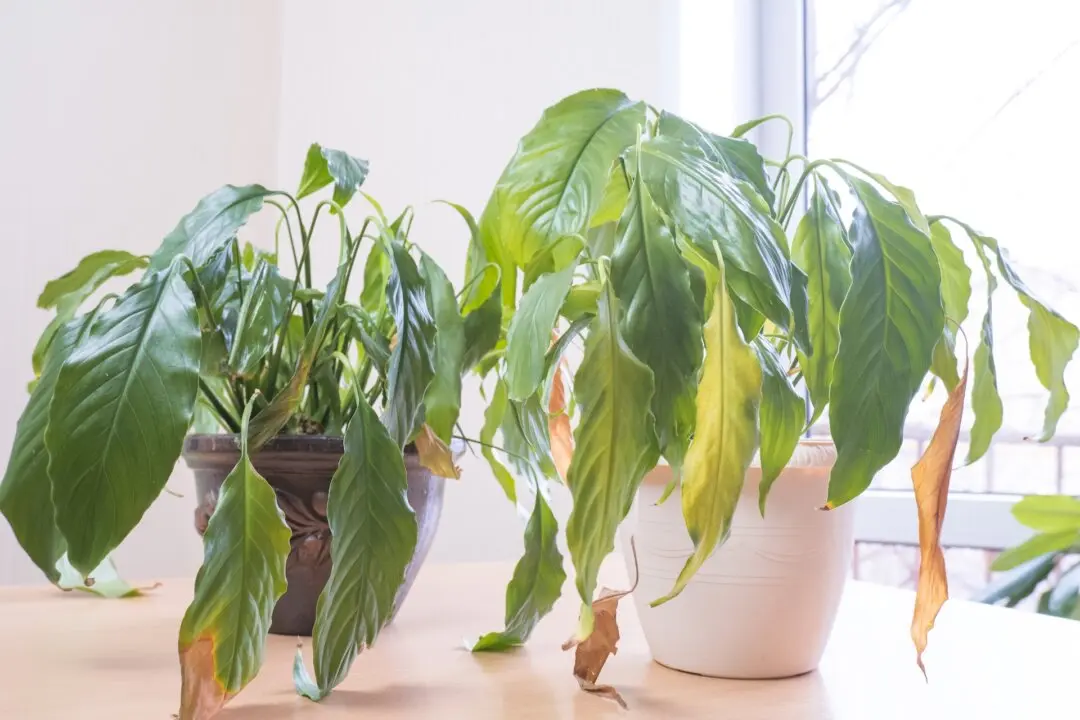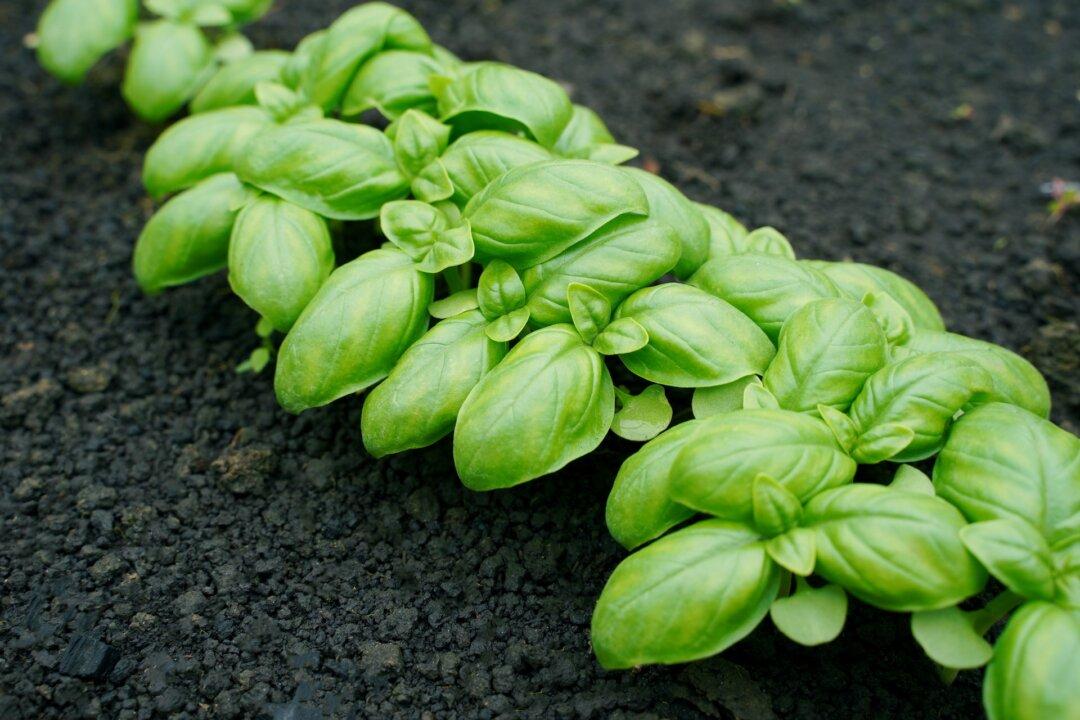Q: My red maple has lost a lot of leaves and seems to be growing pine cones. What could be the cause?
A: The “pine cones” are probably bagworms. They can be a serious pest. Bagworm caterpillars create protective bags from bits of leaves from the plant they are living on, so a maple, elm, or linden bag will look different than a spruce, arborvitae, or juniper bag, and the bags do look like pine cones. The bags become visible as the caterpillars defoliate the tree.





